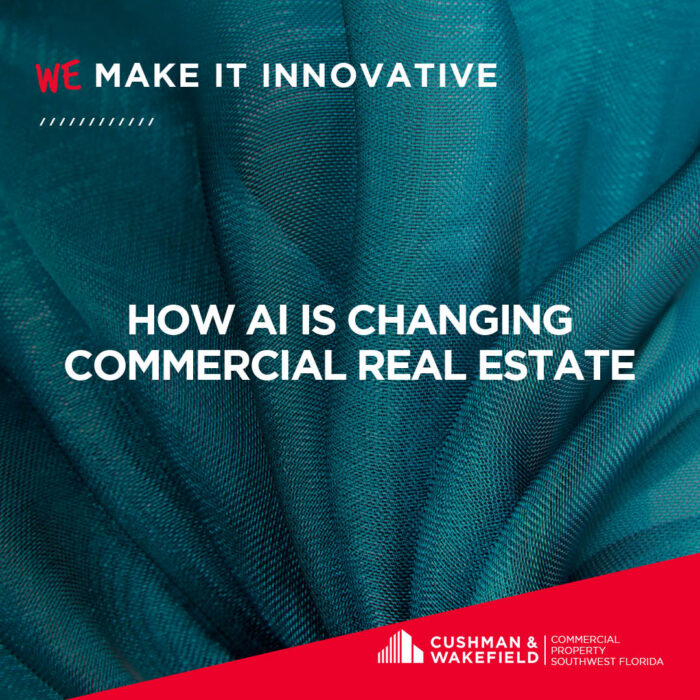How is AI Changing Commercial Real Estate?
If you’re like most people, you have mixed feelings about the recent rise of artificial intelligence technology. Our curiosity about AI is tempered by confusion and anxiety about its future implications. According to a recent Ipsos survey, only 36% of Americans are excited about the potential benefits of artificial intelligence, a number significantly lower than […]
How is AI Changing Commercial Real Estate? Read More »
